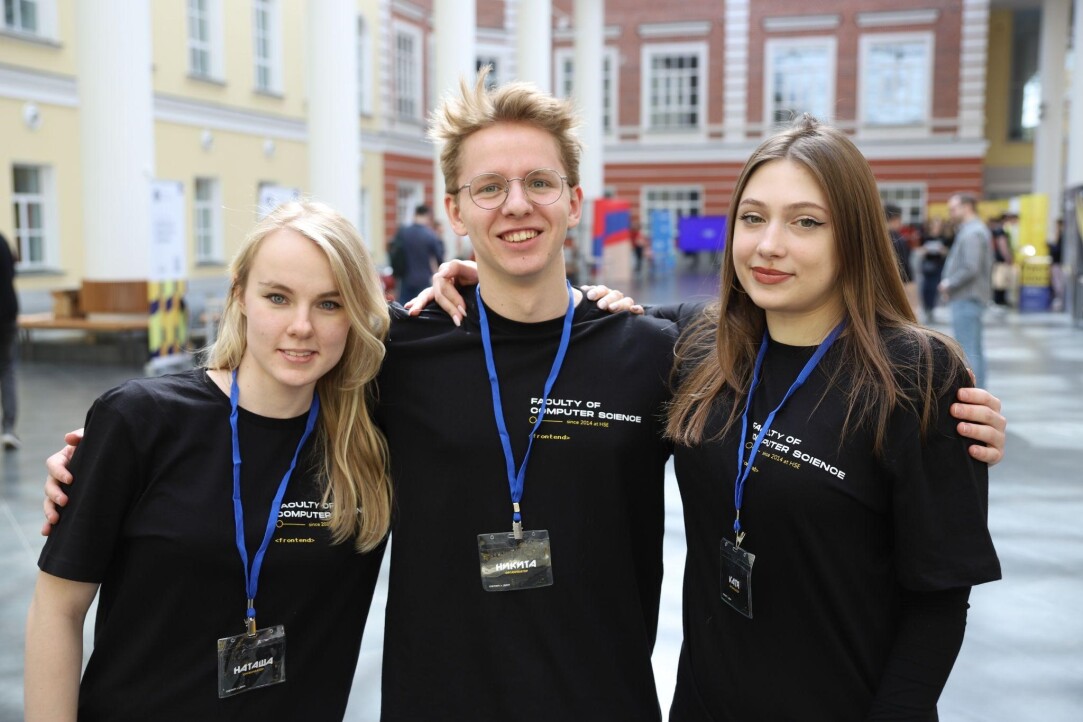
Days of Computer Science Held at HSE University
Every spring, HSE University’s Faculty of Computer Science, which this year turns nine years old, traditionally opens its doors and invites everyone to a festival. This time, more than 20 events with over 2,000 registered participants were held between April 8th and 16th as part of the Days of Computer Science.

Five Things I Wish I Knew Before My First Year at HSE University-St Petersburg
If you are an international student, there is a good chance that there are some things you do not know about the university you applied to. It can be hard to adapt to a new place, new people, and—most importantly—a new educational system. That is why we asked Yesuigen Tsogjavkhlan, 2nd-year student of the Bachelor’s programme ‘Public Policy and Analytics’, to share five things she wishes she had known before coming to HSE University-St Petersburg.

Keeping Up with the Neighbours: Envy as a Driver of Economic Growth
Classical economic theory assumes that economic agents are entirely self-interested and rational in their pursuit of material well-being, and that they are not affected by external factors. As a result, externalities are not considered in any way when constructing economic models. Nevertheless, some sociologists argue for a revision of modern economic theory to incorporate the ethical dimensions of economic agents' behaviour. Kirill Borissov, Professor of the Faculty of Economics at the European University in St Petersburg, spoke at the XXIV Yasin (April) International Academic Conference and shared his observations from creating his own economic model incorporating the factor of envy.

HSE University’s Joint Master’s Programme with Skoltech Named Best Educational Initiative at Data Fusion Awards 2023
VTB, CNews, and Skolkovo have announced the winners of the Data Fusion Awards 2023, a nationwide cross-industry award in the sphere of big data technology. The awards recognise the top projects in the public sector, business, and education. The English-taught Master’s programme Math of Machine Learning, implemented jointly by HSE University’s Faculty of Computer Science and the Skolkovo Institute of Science and Technology, was named the educational initiative of the year. Second place in this category was awarded to the Graduate School of Business’s Master’s programme Business Analytics and Big Data Systems.
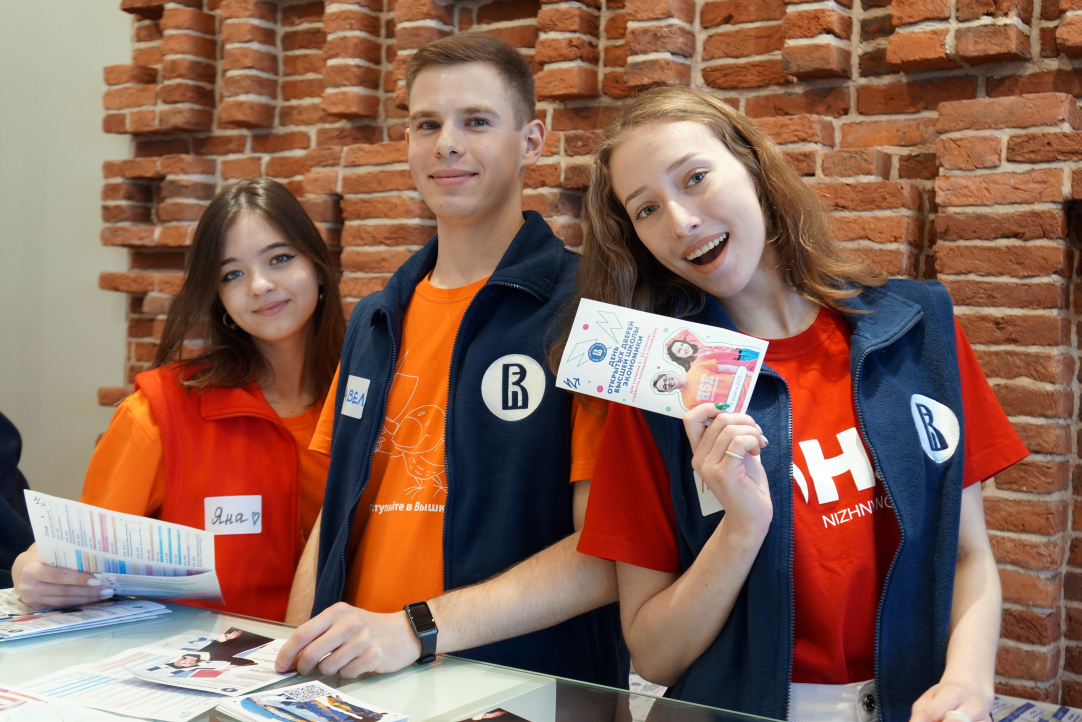
‘HSE University in Nizhny Novgorod Is Integrated into All Key Areas of the Region’s Development’
On April 9, HSE University in Nizhny Novgorod held an Open Day. In 2023, the campus offers programmes in humanities, socio-economic and computer sciences. At the open day, high school students and their parents learned about admissions to HSE University in Nizhny Novgorod and the opportunities that it offers to applicants, students, and future specialists.

Common Research Interest: Welfare Studies
Throughout the year, the HSE International Laboratory for Social Integration Research (ILSIR) is hosting consulting seminars on ‘Care and Welfare in Post-Socialist Eurasia: Institutions, Discourses, Identities’ with presentations by leading foreign experts. The first seminar in the series, ‘Conceptualising Social Activism’ was held on April 4 with the participation of Professor Linda Cook, Academic Supervisor of HSE ILSIR. The second one will take place on April 18.

Structural Transformation and Drivers of Sustainable Growth in Russian Economy Discussed at HSE University
The Russian economy has demonstrated high resilience to unprecedented external pressure and has managed to largely adapt to new conditions. As early as this year, it can go from recession to growth. The issue of where to find drivers and resources for this was discussed at a plenary session titled ‘Russian Economy under Sanctions: From Adaptation to Sustainable Growth’ at the XXIV Yasin (April) International Academic Conference held at HSE University as part of the Decade of Science and Technology. Minister of Economic Development of the Russian Federation Maksim Reshetnikov took part in the discussion.
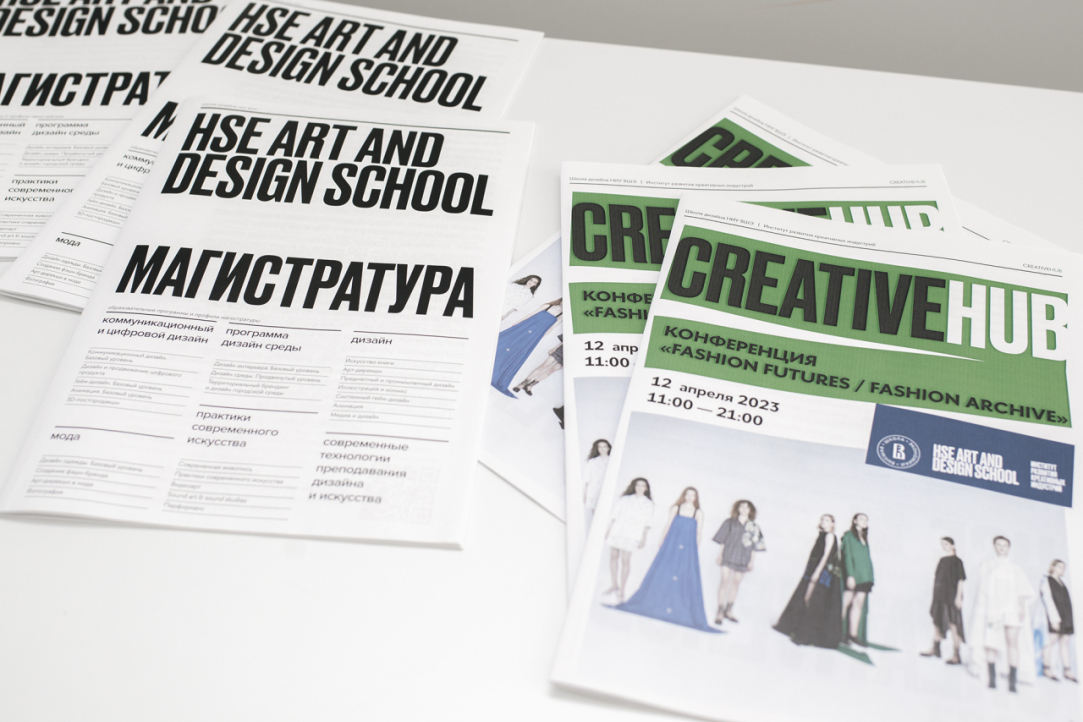
HSE Creative Hub: HSE Art and Design School Presents a New Meeting Point of Art, Research, and Business
The HSE Art and Design School has opened HSE Creative Hub,a city space in a historic two-story building on Panteleevskaya Street in Moscow. It will serve as a venue for HSE University lecturers, researchers, students, and invited experts to hold discussions, presentations, and speeches that will be open to everyone. The hub will also facilitate the development of numerous projects of the HSE Art and Design School and the HSE Institute for Creative Industries Development and allow creators to meet partners from the industry.
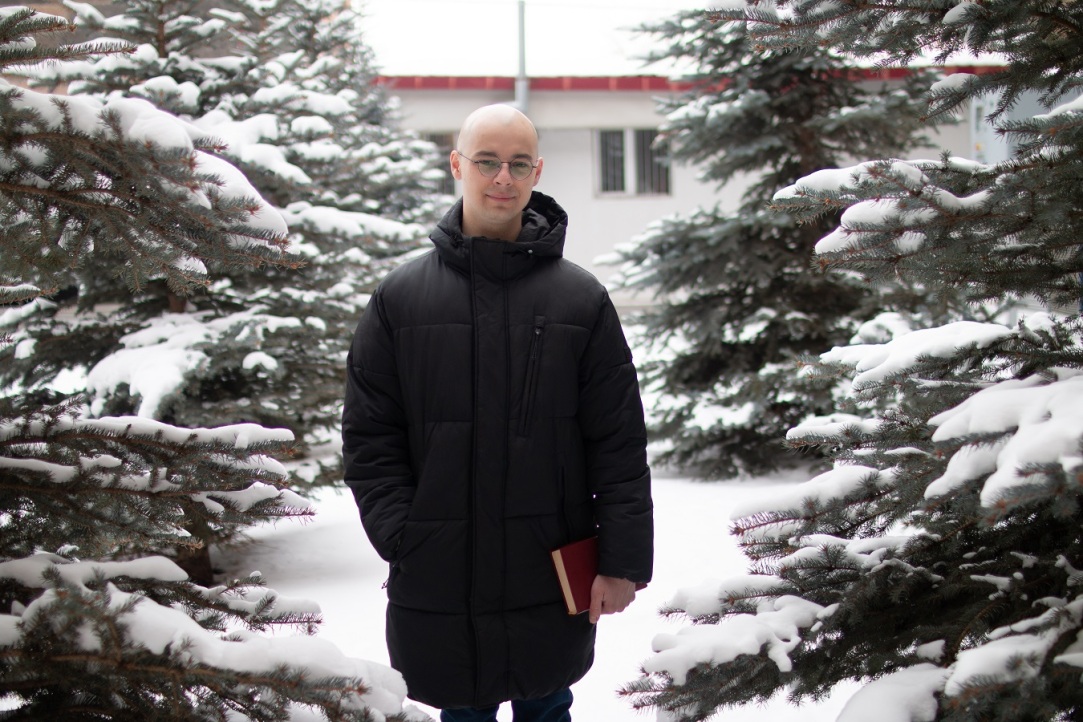
‘For Me, Science Means Going Beyond the Usual Understanding of Things’
Viktor Karpychev could have become a screenwriter but instead, he devoted himself to studying how the brain works. In this interview with Young Scientists of HSE, Mr. Karpychev explained how he spends his workdays and which Nobel laureate he would like to meet.
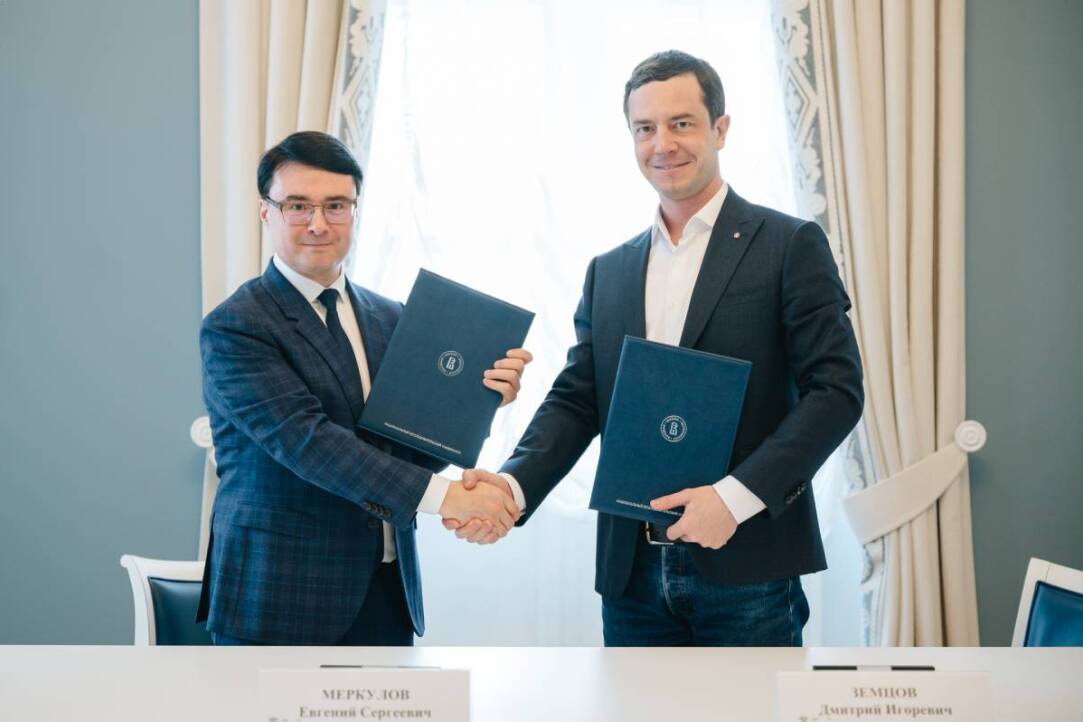
HSE University and Kamchatka State University Sign Cooperation Agreement
On April 17, HSE University and Vitus Bering Kamchatka State University signed a cooperation agreement at the Durasov House on Pokrovsky Boulevard. The new partnership will include joint expeditions, research, and educational activities, including a permanent expedition to research and preserve the languages and cultures of Kamchatka.

